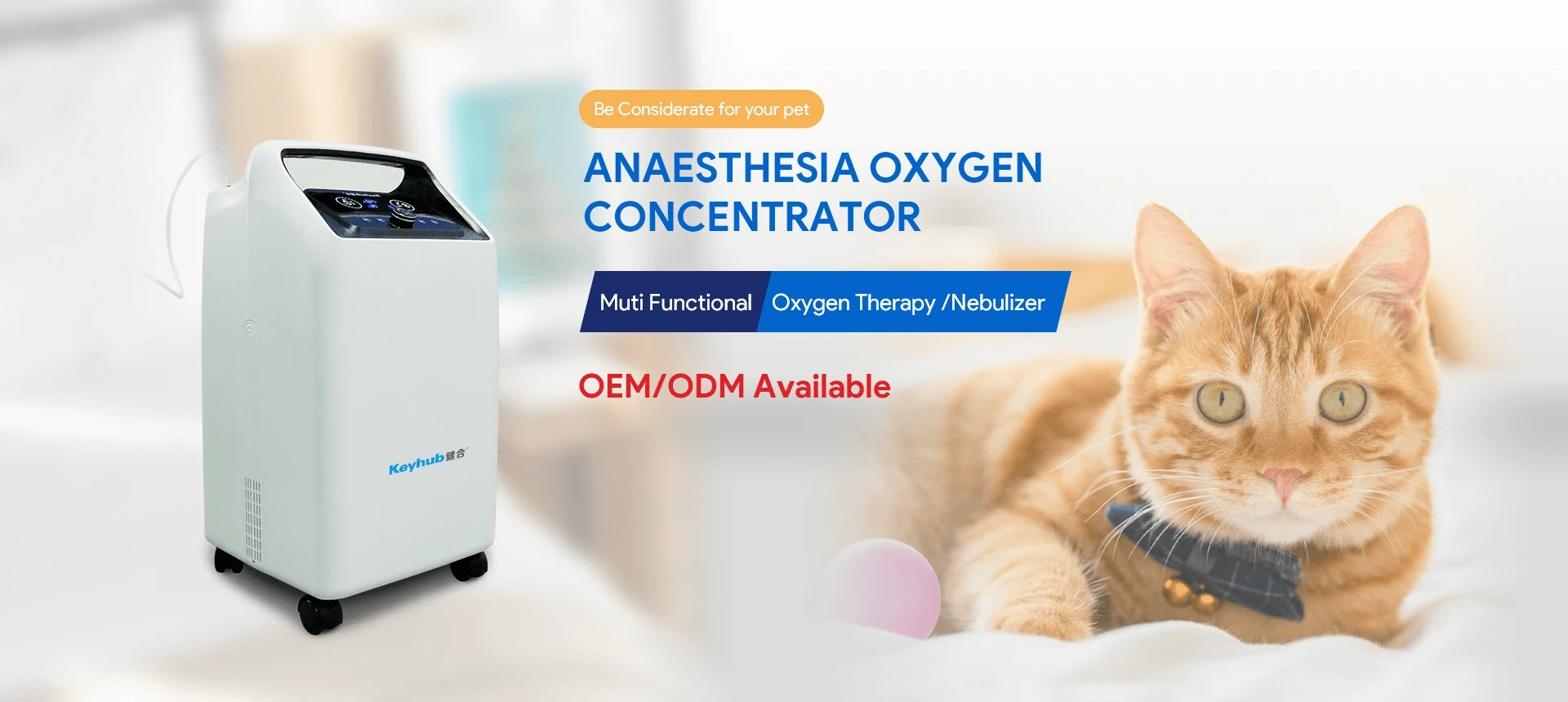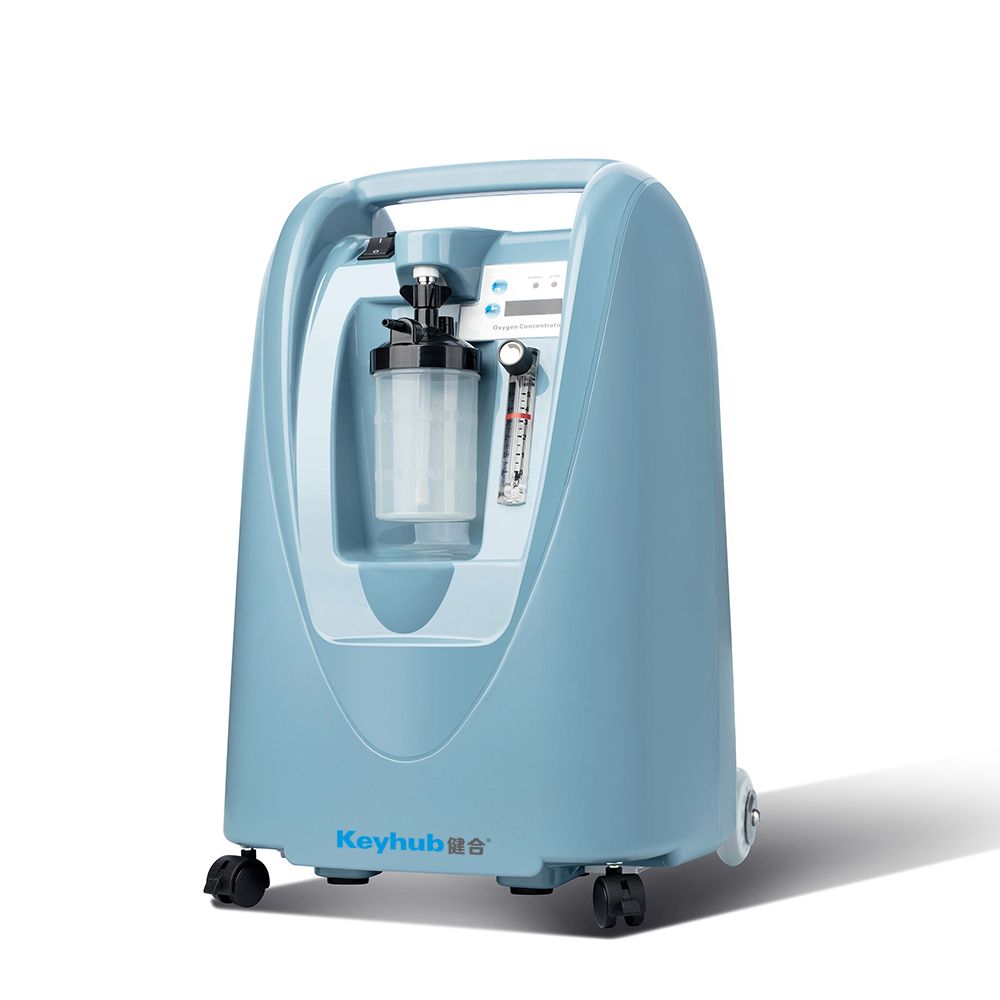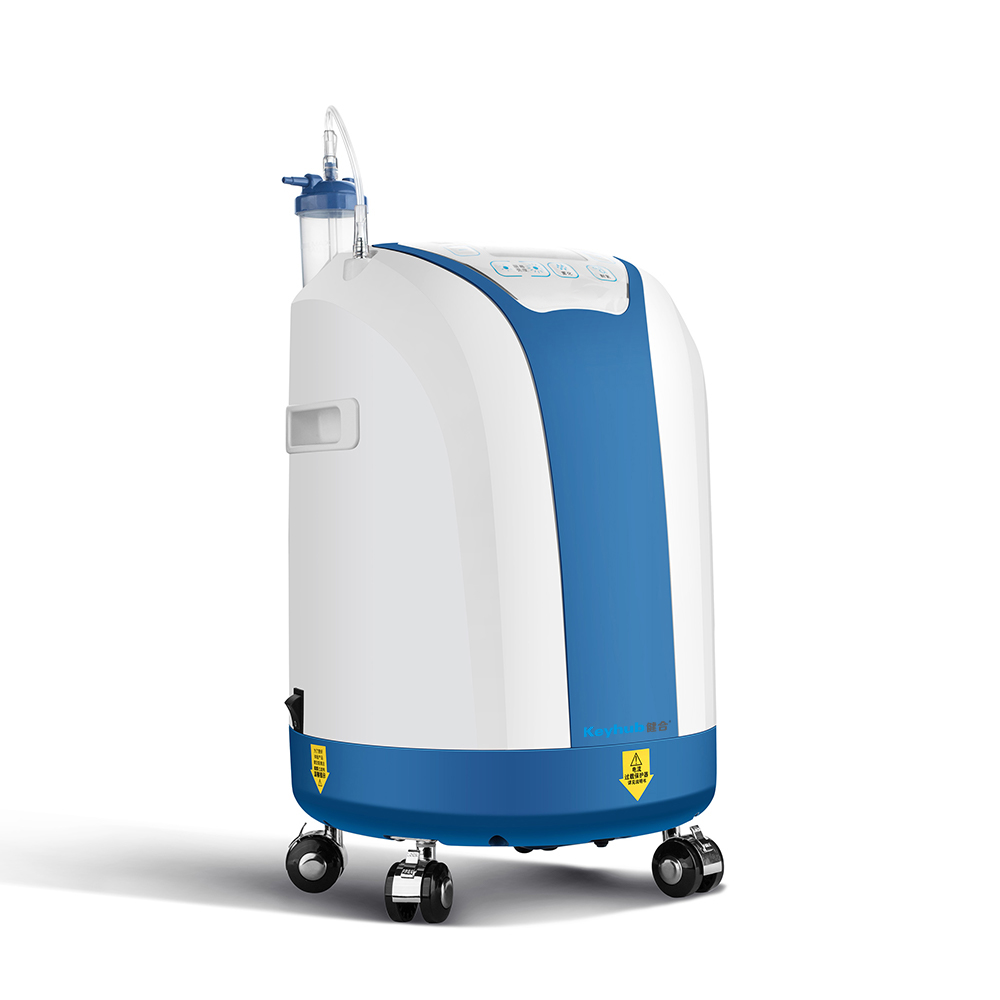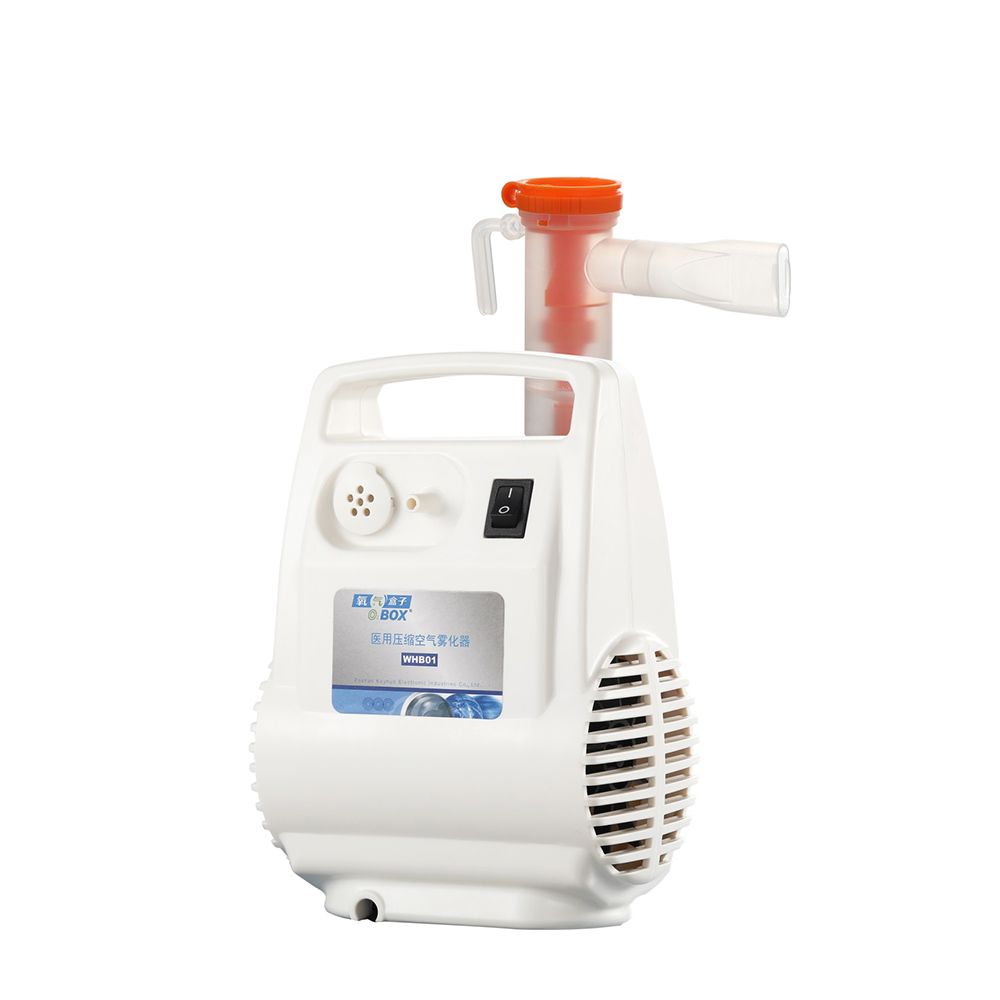Oxygen concentrators have become an essential tool in veterinary medicine, offering numerous benefits over traditional oxygen supply methods such as cylinders and piped systems. However, the question remains: Can oxygen concentrators be used for all types of animals in a veterinary clinic? Let's explore the advantages, limitations, and considerations of using oxygen concentrators across various animal types.
Advantages of Oxygen Concentrators
Oxygen concentrators provide several key benefits that make them a valuable addition to veterinary clinics:
Continuous Supply: Unlike oxygen cylinders that require frequent refilling, oxygen concentrators extract oxygen from the air, ensuring a steady and continuous supply.
Cost-Effectiveness: They significantly reduce costs associated with purchasing and transporting oxygen cylinders, potentially cutting gas bills by up to 90%.
Safety: Oxygen concentrators eliminate the risks associated with handling and storing compressed gas, such as leaks and explosions.
Environmental Impact: By reducing the need for delivery vans and minimizing the carbon footprint, oxygen concentrators are a more sustainable option.
Customization: These devices allow veterinarians to adjust the flow rate and concentration of oxygen, tailoring it to the specific needs of each patient.
Application Across Different Animal Types
Small Animals (Cats, Dogs, Small Mammals): Oxygen concentrators are highly effective for small animals, providing the necessary respiratory support during surgeries, recovery, and treatment of conditions like respiratory distress and heart disease. Their portability and ease of use make them ideal for in-clinic use and home care.
Large Animals (Horses, Cattle): For larger animals, the limited output capacity of standard oxygen concentrators may pose a challenge. These animals often require higher volumes of oxygen, which concentrators may not be able to provide consistently. In such cases, traditional oxygen cylinders or piped systems might be more appropriate.
Exotic Animals (Birds, Reptiles): Oxygen concentrators can be used for exotic animals, but veterinarians must carefully monitor and adjust the oxygen flow to meet the specific needs of these species. The ability to customize oxygen delivery is particularly beneficial for treating a wide range of exotic animals.
Oxygen concentrators offer numerous benefits for veterinary clinics, including cost savings, safety, and environmental sustainability. They are particularly well-suited for small animals and can be adapted for use with exotic species. However, their limited output capacity and reliance on electricity may restrict their effectiveness for larger animals or in emergencies. Veterinary clinics should evaluate their specific needs and consider maintaining a backup supply of oxygen cylinders to ensure comprehensive care for all types of animals.







